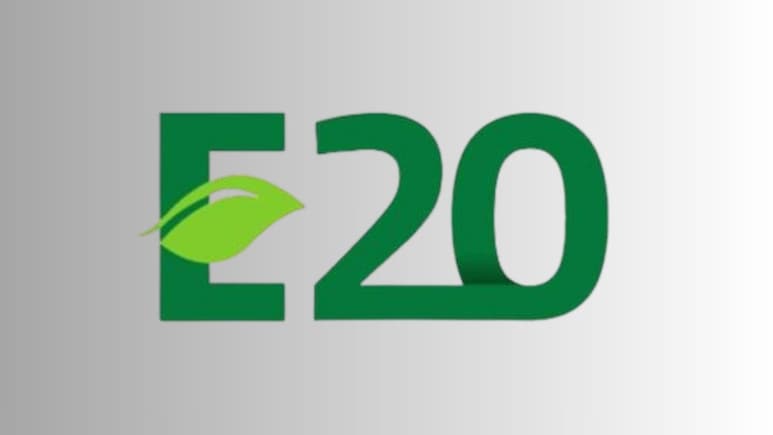
The Government of India introduced E20 fuel in April 2023 to reduce carbon emissions and advance national sustainability goals. However, the fuel has recently stirred controversy, as users flooded social media with claims of worsened fuel efficiency and vehicle performance. However, the government has already justified its stance via an X post, claiming that the media reports are not supported by scientific evidence or expert analysis. In the same X post, the ministry highlighted that usage of the E20 fuel may lead to a decrease in mileage by 1-2 percent in four-wheelers and 3-6 percent in non-compliant vehicles.
Previously, the government also addressed the concerns by claiming that the drop in fuel efficiency is drastic and suggested that E20 users complaining about the issue must use E20-compatible material and replace older rubber components after 20,000-30,000 km.
Now, amid a backlash over the introduction of 20 percent ethanol-blended petrol (E20), the Centre has not only emphasised that the move will help reduce pollution and save money on oil imports, but also said that the formulation leads to better acceleration and even ride quality.
On claims that mileage has taken a significant hit because of E20 petrol, the Ministry of Petroleum and Natural Gas said they had been anticipated as far back as 2020. Mileage, it also said, is influenced by several factors, including driving habits, maintenance, tyre pressure, and "air conditioning load".
Also, recently, the Oil Ministry has clarified its stance and stated that the E-20 gives better acceleration and better ride quality. Ethanol's higher-octane number (108.5 compared to petrol's 84.4) makes Ethanol-blended fuels a valuable alternative, as ethanol's higher heat of vaporization reduces intake manifold temperatures and it reduces CO2 emissions by up to 30%; higher octane improves acceleration and performance.
Adding further, the Government says the fuel efficiency drop is marginal, if any; older vehicles may need minor rubber part replacement. As per reports, Ethanol blending has saved Rs 1.44 lakh crore in forex and has reduced crude imports by 245 lakh MT since 2014. The ministry also highlighted the benefits of the E20 fuel on other sectors, stating that the ethanol is seen as a key rural income booster, and farmers are expected to benefit with Rs 40,000 crore payment in 2025.
Discussing its plan, the Government also said that the claims that E20 voids vehicle insurance are false, and there will be no change in policy validity due to blended fuel. Also, India is not moving beyond E20 before October 2026; however, plans are under consultation.
Track Latest News Live on NDTV.com and get news updates from India and around the world
